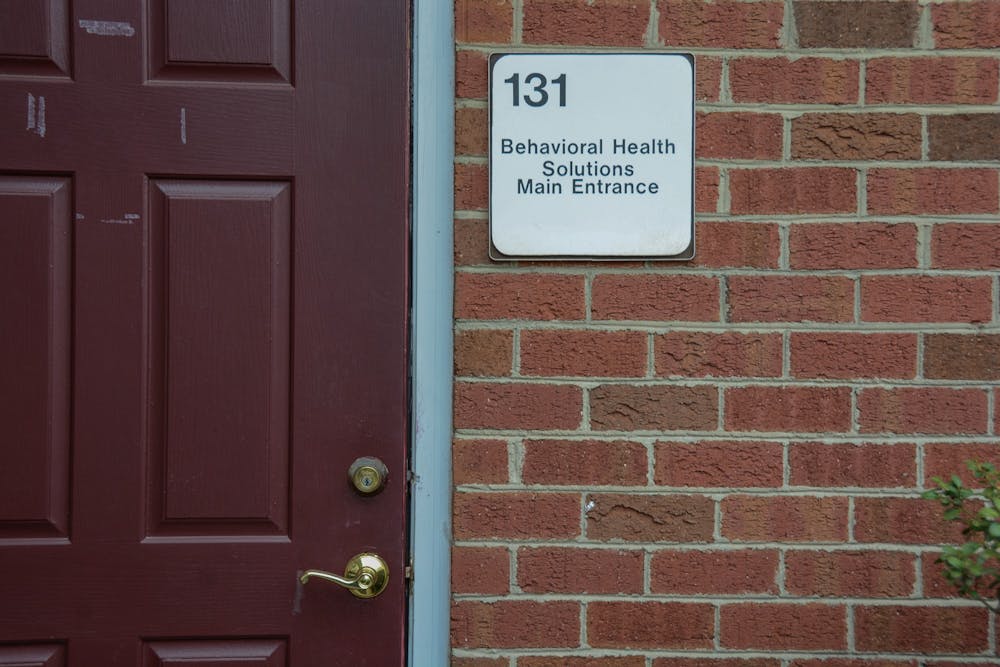Earlier this month, North Carolina was one of 15 states chosen to receive a $1 million one-year planning grant for Certified Community Behavioral Health Clinics.
The grant comes from the Substance Abuse and Mental Health Services Administration, an agency within the U.S. Department of Health and Human Services, and was authorized by the Bipartisan Safer Communities Act of 2022.
The funding will provide resources for an application for the Medicaid CCBHC demonstration program. By July 2024, SAMHSA will choose 10 out of the 15 states for the program and other states will get a chance to join the program in 2026.
David DeVoursney, a division director at SAMHSA, said behavioral health clinics are part of a model meant to ensure everyone has access to quality, comprehensive behavioral health care.
The North Carolina Department of Health and Human Service said in an email that CCBHCs are required to provide mental health services to children and adults and treatments for those with substance use disorders.
“It’s a game-changing model in terms of the access and comprehensiveness of the services that are provided,” DeVoursney said.
In an email from a spokesperson from the NCDHHS, the department said it will use the funds to develop certification, prospective payment and data collection systems for the CCBHCs and create an application for the Medicaid demonstration program over the next year.
This four-year program includes Medicaid providing support and funding for states to implement the systems they created, expecting that the clinics will be self-sustaining by the end of the four years.
North Carolina has clinics already working on becoming CCBHCs, some of which were funded by a grant from the NCDHHS last year. One of the five clinics that received funding was SouthLight Healthcare in Raleigh.



